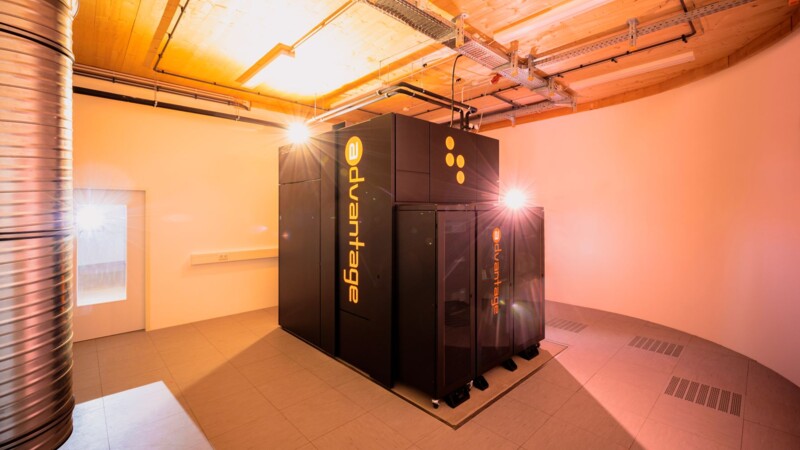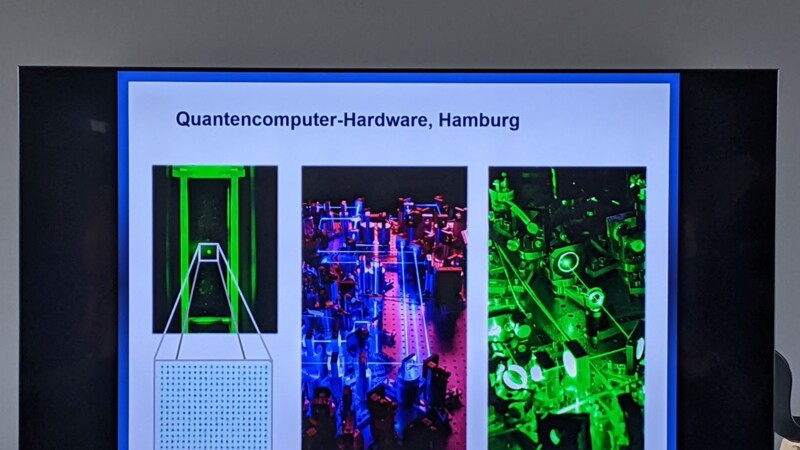"Quantum technology is a key technology of our time. It will enable us to find solutions to complex challenges now and in future. Our outstanding universities and world-leading research institutions have pooled excellent scientific expertise in quantum computing over the years," said Katharina Fegebank, Senator for Science, Research and Equality. Now's the time to exploit the close links between science, business and industry as Hamburg's advantage, she noted.
The senate has approved EUR 34.1 million in funds measures to boost Hamburg’s quantum computing ecosystem from 2023 to 2028. The City of Hamburg will put around EUR 25.1 million towards the measures while the European Regional Development Fund (ERDF) will pay EUR 7 million and the University of Hamburg and the Hamburg University of Technology (TUHH) will pay EUR 2 million. The measures will fund four projects focusing mainly on training scientists and specialists in hardware, software and applications for quantum computers.
Advantages of Hamburg as a location
Measures for entire value chain
Quantum computers perform complex computations and simulations in minutes unlike conventional computers. The powerful technology can help solve increasingly complex 21st century problems such as calculating traffic flows. The measures developed by the Ministry for Science, Research, Equality and Districts and the Ministry for Economics and Innovation cover the entire value chain from basic research to industrial applications.
Research and training centres
Around EUR 19.1 million will go towards the new Hamburg Quantum Computing School (HQS). The University of Hamburg and the Technical University of Hamburg (TUHH) are educating the next quantum computing generation and are offering courses in quantum physics, electrical engineering and computer science. Several projects by the Cluster of Excellence for Quantum Research at the University of Hamburg recently received millions in funding. The university's Center for Optical Quantum Technologies (ZOQ) can also look back on research lasting over 15 years and is one of the few global institutions that can build a state-of-the-art, next generation quantum computer.
Shipping, research and development schemes
Around EUR 2 million has been set aside for "Quantum Computing for Shipping and Maritime Logistics in Hamburg (QSH)" at the Fraunhofer Center for Maritime Logistics and Services (CML) while EUR 3 million will go towards the Hamburg Quantum Innovation Capital Initiative (HQIC), which focuses on further training. Around EUR 10 million has been set aside for start-ups' quantum computing projects as well as research and development schemes.
nj/mm/sb/pb
Sources and further information
More
Similar articles

Power of quantum computing huge thanks to simultaneous processing

Hamburg's quantum network off to successful start

